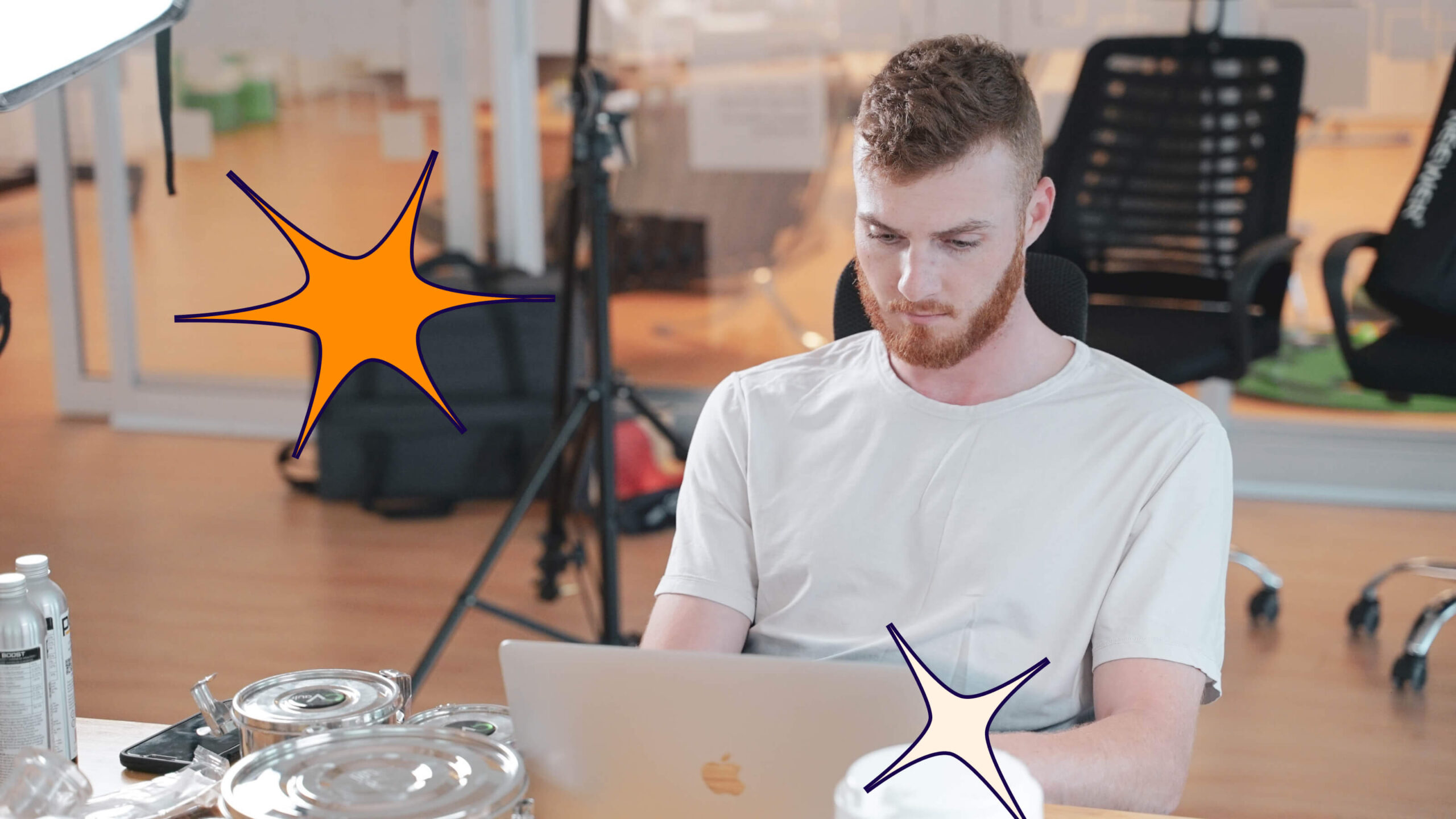This year’s Pendomomium + #mtpcon roadshow took place in three amazing locations over nine days. We were thrilled to have inspiring speakers, engaged attendees, and even some sports drama. Here’s a summary of what we learned from this year’s Pendomonium + #mtpcon roadshow.
Amsterdam: Leverage AI and stay curious
Our kickoff event in Amsterdam gathered insights about integrating AI effectively from leading voices in product management. Joe Futty of Booking.com kicked off the event by highlighting the importance of AI in personalization and stressed the need to maintain user trust by focusing on real needs. He emphasized the challenge of balancing innovation with stability in user expectations, saying, “Customers don’t like change. Never undermine trust. Make sure you’re always focusing on real user problems.”
Throughout the event, a consensus emerged on the necessity of leveraging both internal and external expertise to drive AI strategies forward. Product leader panelists Denzil Naggan, director of product at Road, Hannah Gutkauf, global managing partner at Manyone, Pooja Naidu, VP of product at Mews, and Vidu Sharma, group product manager for generative AI at Adyen, discussed how to implement an AI strategy.
They emphasized the role of organizational knowledge and customer trust in achieving product-market fit with AI. They highlighted that companies should not think of AI as a competitive advantage, but as a baseline expectation.
Ebi Atawodi from YouTube Studio urged product managers to approach AI with humility and curiosity. She emphasized the human aspect of product management, encouraging continuous learning and a mission-driven approach.
Product managers at their core need to feel that there is a mission worth fighting for.
— Ebi Atawodi, YouTube Studio
Her perspective resonated with other speakers who stressed the importance of resilience, collaboration, and understanding evolving user needs in a rapidly changing market.
A second panel discussion with Thomas Leitermann, senior growth product manager at Personio, Hanneke Hoogewerf, senior strategic experience designer at Ingka Group, IKEA, and Heather Williams, director of product management at Elsevier, centered on effective collaboration, humility, and advocating for the human element. Hoogewerf championed a realistic approach, saying, “Be honest with yourself and don’t be scared to pivot and try something new. It’s all about humans in the end.”
Brian Walsh of Pendo reinforced the shift towards outcome-driven product development, emphasizing that simply shipping features is insufficient. He advocated using AI to gain deeper insights into user behaviors and preferences, and align product development efforts with tangible outcomes that address user pain points.
Janet Bumpas, product advisor, closed out the day by discussing how customers purchase solutions, not AI, emphasizing the need for a clear product vision that enhances user experiences. She says, “A product vision is how you will make a customer’s life better.”
Overall, the discussions in Amsterdam underscored the evolving role of AI in product management, requiring a blend of technological expertise, a customer-centric mindset and ethical awareness to succeed in today’s competitive landscape.
London: Collaboration is key for effective product strategy
Our next stop was London. Jonty Sharples, a product and strategy consultant, emphasized the importance of hiring product people who understand their roles and career paths. Product leaders, he argued, should encourage their teams to embrace AI and collective problem-solving by fostering a culture of open communication and innovation. “AI will be the next inflection in our working lives,” he says. “It is down to the product leaders to encourage others to listen to it and be open to change.”
A panel featuring Ben Hollinsworth, head of product design at Alto (Part of Houseful), Frances Ibe, SVP of product at tide, and Claire Bauden, SVP global product design at Global Payments Inc. discussed aligning objectives and the significance of collaboration in product management. They pointed out the multiple roles product managers juggle and the necessity of organizational design that supports them in owning more of the user experience. The panelists stressed that collaboration is key to driving innovation and addressing organizational design issues to enhance focus and performance.
Lindsey Jayne of the Financial Times shared her experiences in incorporating AI into their business model. She explained that building AI products is a significant challenge, and it is essential to create a strategy, effectively communicate it, and involve everyone in the process.
Create a strategy, ship the product, and communicate. It has to be all three.
— Lindsey Jayne, Financial Times
Berlin: The role of product is expanding
During our final event, speakers at Berlin emphasized the pivotal role of AI in product management, stressing its potential to delight customers through innovative, hard-to-replicate solutions. Andrew Martinez-Fonts of Honeysales underscored the necessity of aligning product strategy closely with company objectives amidst AI’s evolving landscape, saying, “We’re starting to understand the boundaries of AI and what we can do with it.”
A panel discussion featuring Mirela Mus, founder and CPO of Product People, Navid Heidemann, head of product at cplace, Jordy Jordan, global senior director of product at Hello Fresh, Tetiana Golovchenko, director of product data & AI at Merck Group, echoed this sentiment. They highlighted the importance of blending internal expertise with external perspectives to ensure AI initiatives are both technically robust and aligned with business goals.
UX Director at Google, Javier Andrés Bargas-Avila, focused on user-centric design, advocating a shift from feature-focused approaches to ones that address core user needs. He emphasized understanding user journeys and fostering a culture of experimentation and rapid learning.
Every journey starts with a goal. Think about the mind of a user.
— Javier Andrés Bargas-Avila, Google
Following this session, panelists Arne Kittler, CPO at Facelift, Kristen Waeber, director of product at N26, Azucena Barron Medina, director of product at Delivery Hero, and Piet Smet, product manager at Cleverbridge, underscored the evolving role of product managers in driving customer-focused innovation and navigating technical complexities. Barron Medina acknowledged the pressures product managers face, saying, “There is increasing pressure to be customer-focused and obsessed, alongside being technically skilled.”
Trisha Price from Pendo continued the theme by discussing AI’s transformative impact on product management, urging a focus on business outcomes beyond just feature delivery. She emphasized the importance of adapting to industry changes and remaining curious about AI advancements, saying, “Our world has changed so much and I don’t see things slowing down. Let’s stay curious.”
Finally, Ken Chin from Spark Networks highlighted the importance of continuous learning, strategic thinking, and building trust within product teams to drive successful execution and career advancement.
Berlin gave us a comprehensive view of how AI, user-centric design, and strategic leadership are reshaping product management practices, emphasizing agility, customer focus, and continuous learning as key drivers of success in today’s rapidly evolving business landscape.
We would like to thank all of our speakers, panelists, and attendees. Be sure to check out the agenda for Pendomonium 2024, where MTP will have its very own stage during the event.


